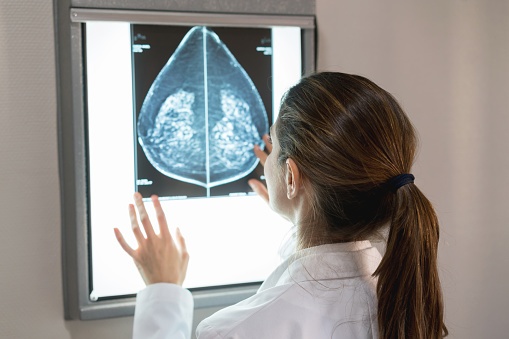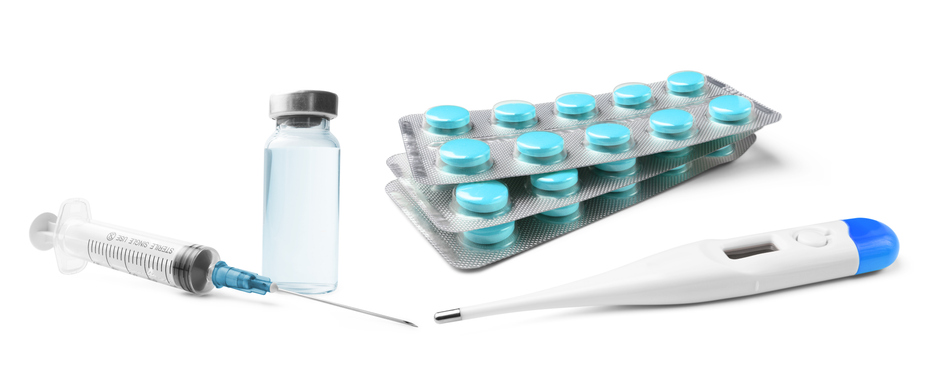
Researchers from Mayo Clinic Cancer Center suggest that advances in breast cancer prevention research have resulted in enhanced opportunities to modify breast cancer risk and potentially reduce breast cancer incident and death.
“It is prudent for health care providers to be knowledgeable about the benefits of assessing individual breast cancer risk, and counsel and implement risk-reducing strategies with their patients, says Sandhya Pruthi, M.D., a Mayo Clinic internist and author of the commentary via a press release.
According to Dr. Pruthi, evidence-based, risk-reducing strategies include lifestyle modification, preventive anti-estrogen medications, surveillance breast imaging and genetic testing. Women at high risk of harboring a hereditary breast cancer mutation should consider prophylactic surgery to reduce risk.
“Physicians should be recommending individualized risk assessments for their patients and counseling them on interventions that range from lifestyle modifications to the use of preventive (anti-estrogen) medications or conjugated equine estrogen,” says Dr. Pruthi.
She says these strategies may be beneficial in reducing hormone-sensitive breast cancer tumors that have a good prognosis, and they also may be beneficial in preventing tumors that are not hormone-sensitive and have a poor prognosis.
“For many years, breast cancer prevention research has primarily focused on the use of anti-estrogen medications to reduce the incidence of favorable, hormone-sensitive breast cancers, but it is critical that we reexamine and implement other risk-reducing strategies to prevent unfavorable breast cancers, known as triple-negative tumors,” says Dr. Pruthi.
Dr. Pruthi added that her commentary was based on research conducted in two large randomized clinical trials: the Women’s Health Initiative Dietary Modification trial and the Women’s Health Initiative randomized trial with conjugated equine estrogen in women with prior hysterectomy. She says both clinical trials demonstrated a reduction in death from breast cancer.







 © 2025 Mashup Media, LLC, a Formedics Property. All Rights Reserved.
© 2025 Mashup Media, LLC, a Formedics Property. All Rights Reserved.